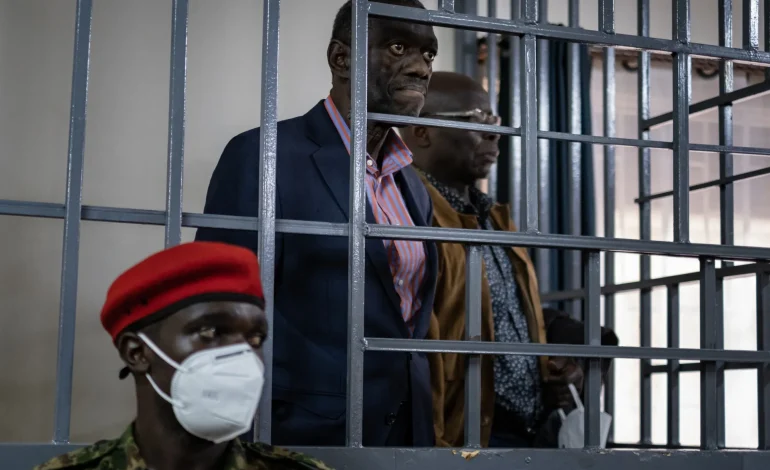Human rights groups are accusing Kenya of a systematic pattern of collaborating with foreign powers to facilitate the rendition of political opponents, following the alleged abduction and deportation of Ugandan opposition leader Kizza Besigye, Bloomberg reports.
Besigye, a prominent critic of Ugandan President Yoweri Museveni, was reportedly seized in Nairobi on November 16 and subsequently transported to Luzira Prison in Kampala, Uganda. His wife, Winnie Byanyima, the executive director of UNAIDS, confirmed the incident.
The Kenyan government denies any involvement.
This incident follows Kenya’s recent admission to deporting four Turkish asylum seekers at the request of the Turkish government. These individuals are believed to be associated with the Gulen movement, blamed for a 2016 coup attempt in Turkey. The Kenyan government claimed the deportations were conducted with assurances of humane treatment.
Ernest Cornell, spokesman for the Kenya Human Rights Commission, described Kenya’s actions as a “pattern” of prioritizing relationships with other governments over human rights. He highlights this case as the latest in a string of concerning incidents.
Besigye, a long-time opponent of Museveni’s nearly four-decade rule, has faced repeated detention, alleged torture, and physical assault during his activism. A spokesperson for Besigye’s Forum for Democratic Change party confirmed his imprisonment in Luzira.
This alleged abduction is not an isolated incident. Similar accusations have been leveled against Kenya in past years. In 2021, Nigerian Biafra separatist leader Nnamdi Kanu disappeared in Kenya before reappearing in Nigeria, where he faces terrorism charges. Also in 2021, wealthy Ethiopian businessman Samson Teklemichael vanished after being stopped by Kenyan traffic police. His whereabouts remain unknown.
Perhaps the most notorious case dates back to 1999, when Kurdish leader Abdullah Ocalan was seized in Nairobi, where he had sought refuge at the Greek embassy. He was subsequently extradited to Turkey, convicted of treason, and sentenced to life imprisonment. The Kurdistan Workers’ Party (PKK), which Ocalan leads, is designated a terrorist organization by the U.S. and the European Union.









